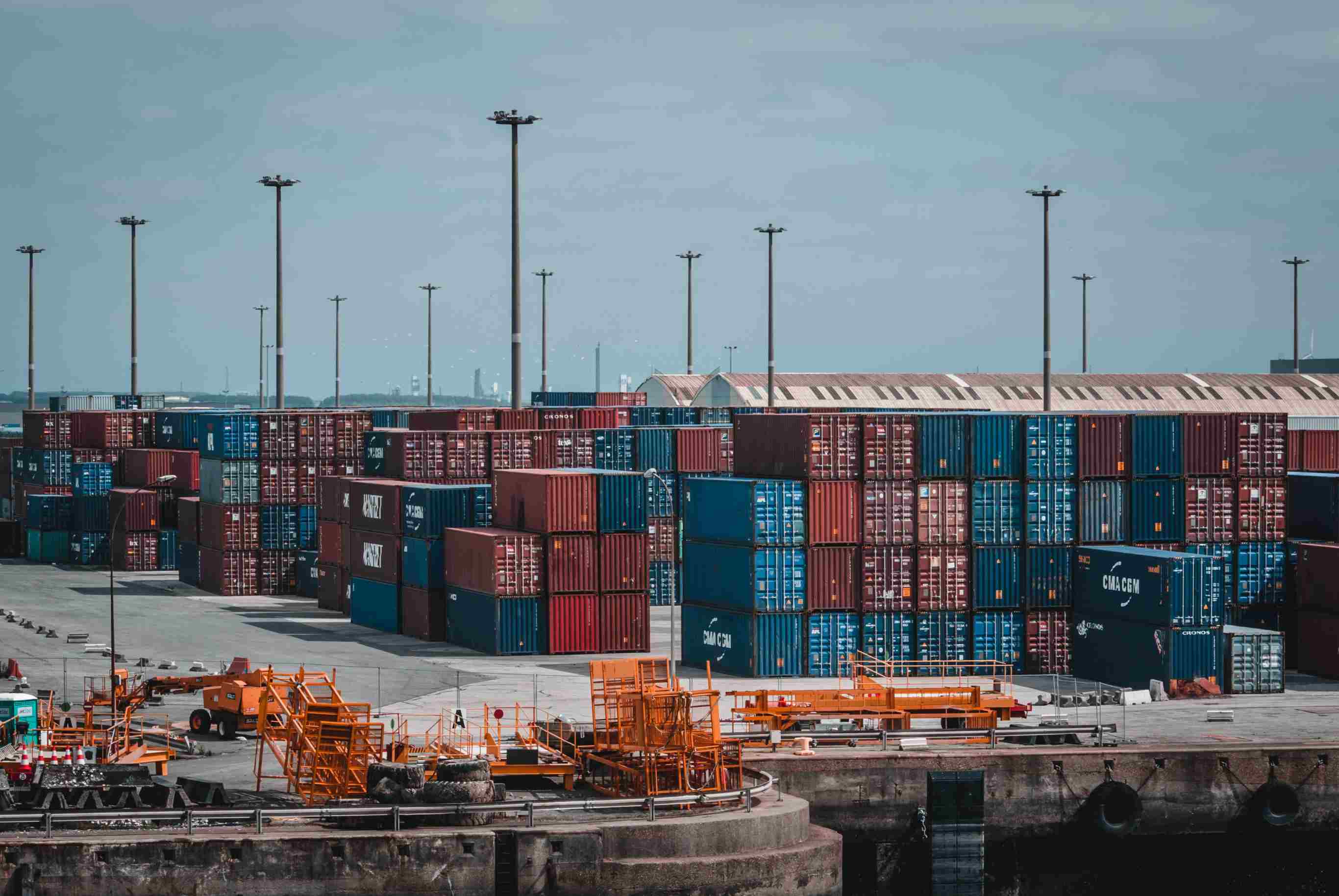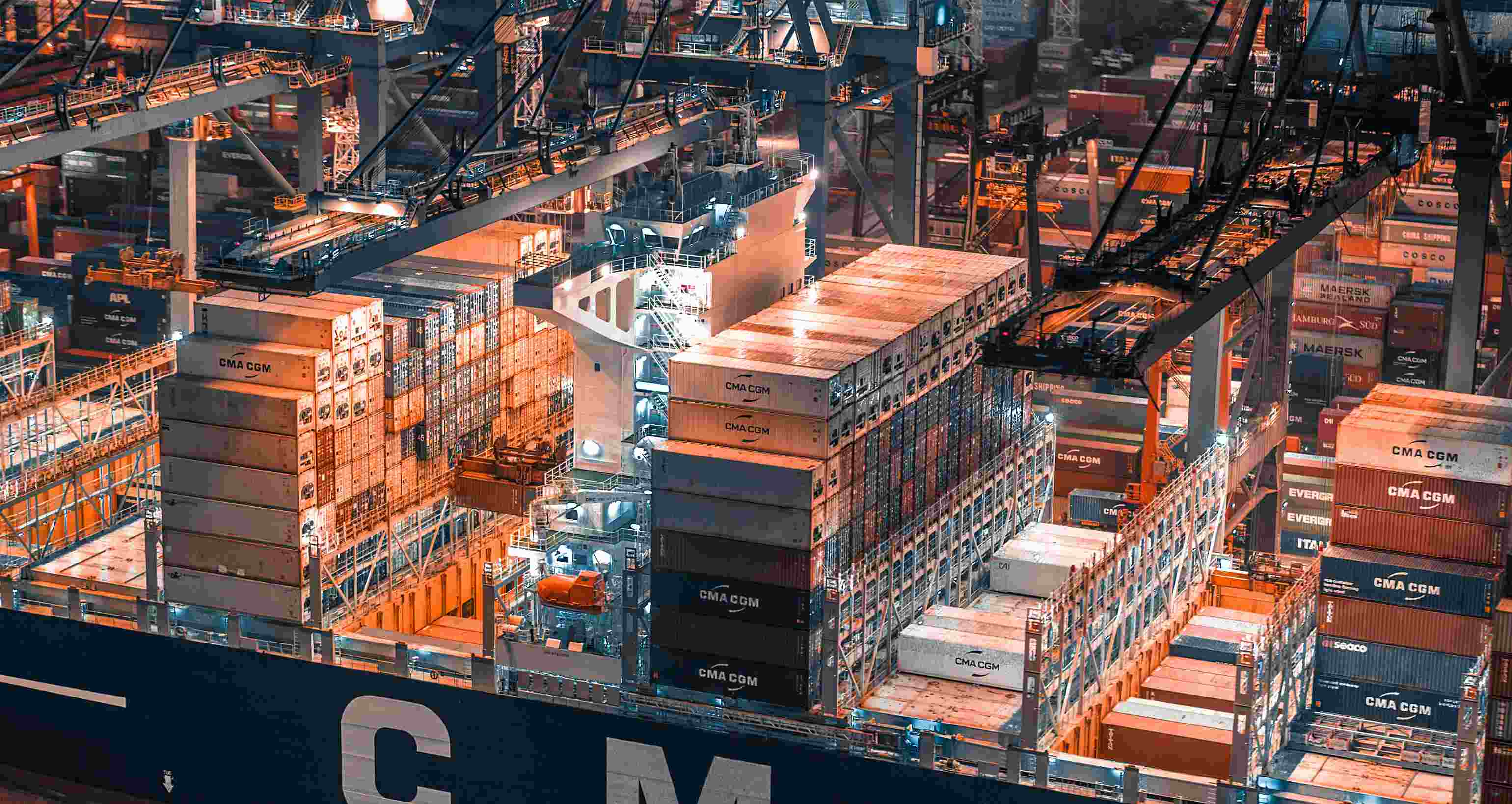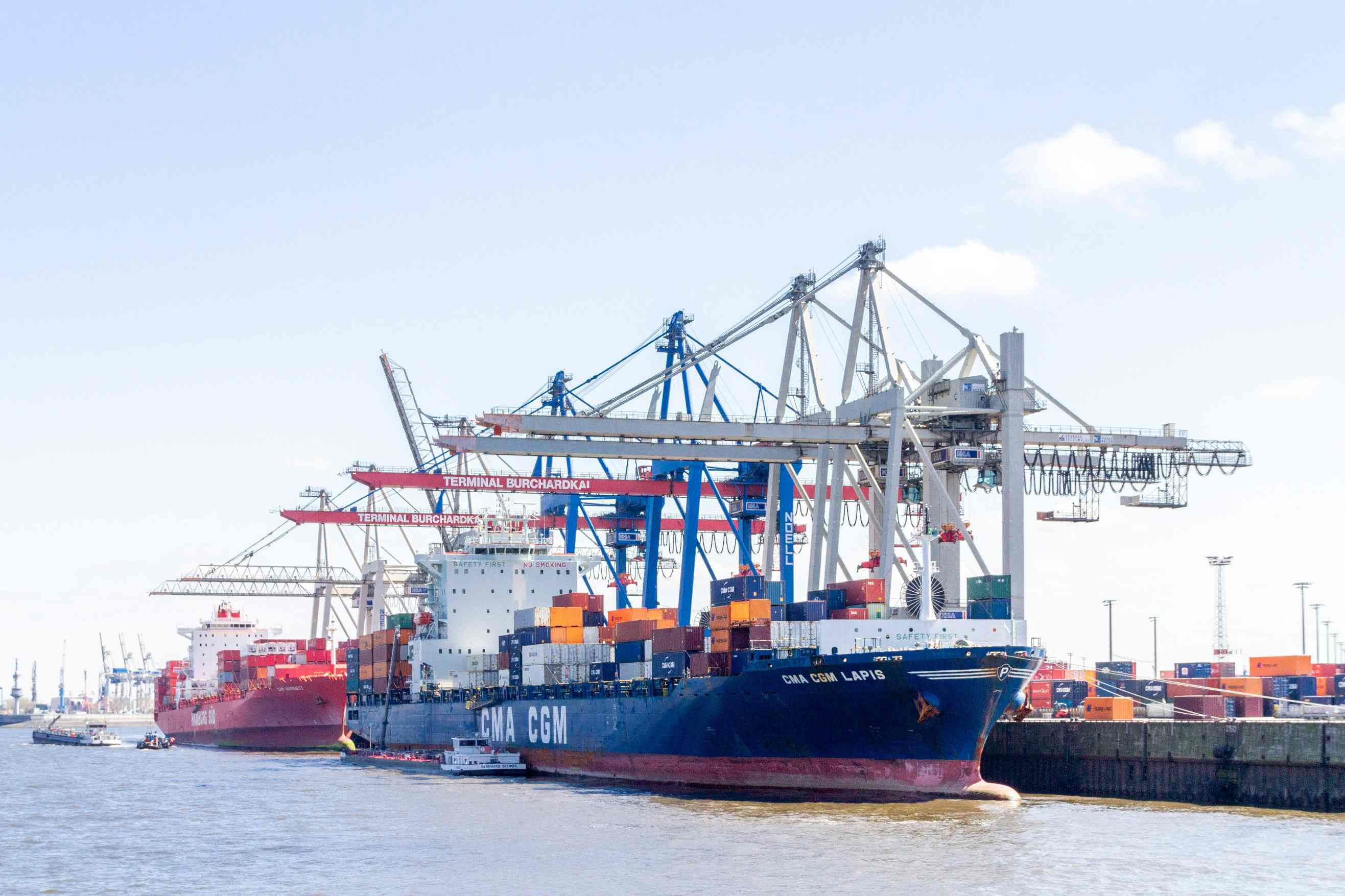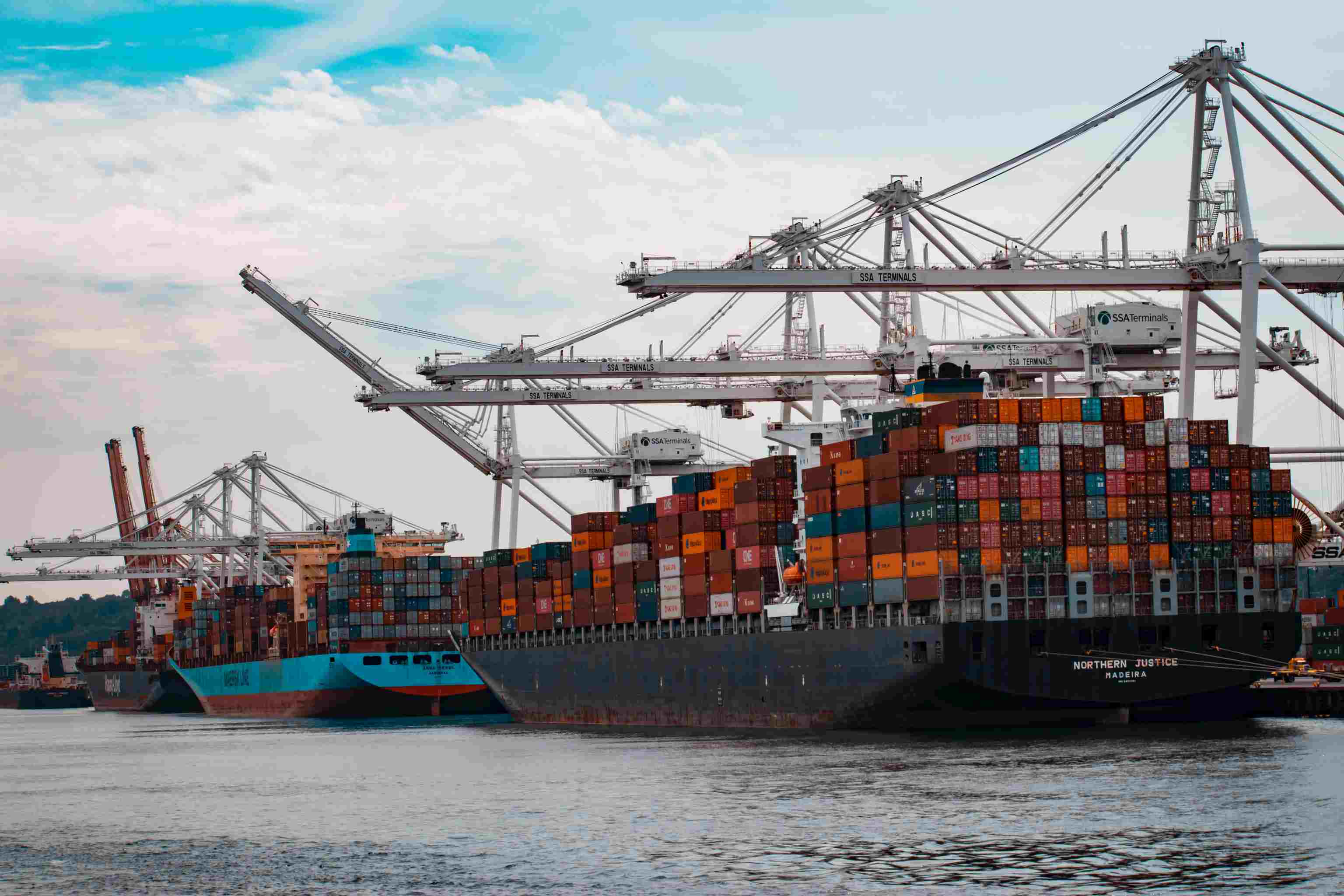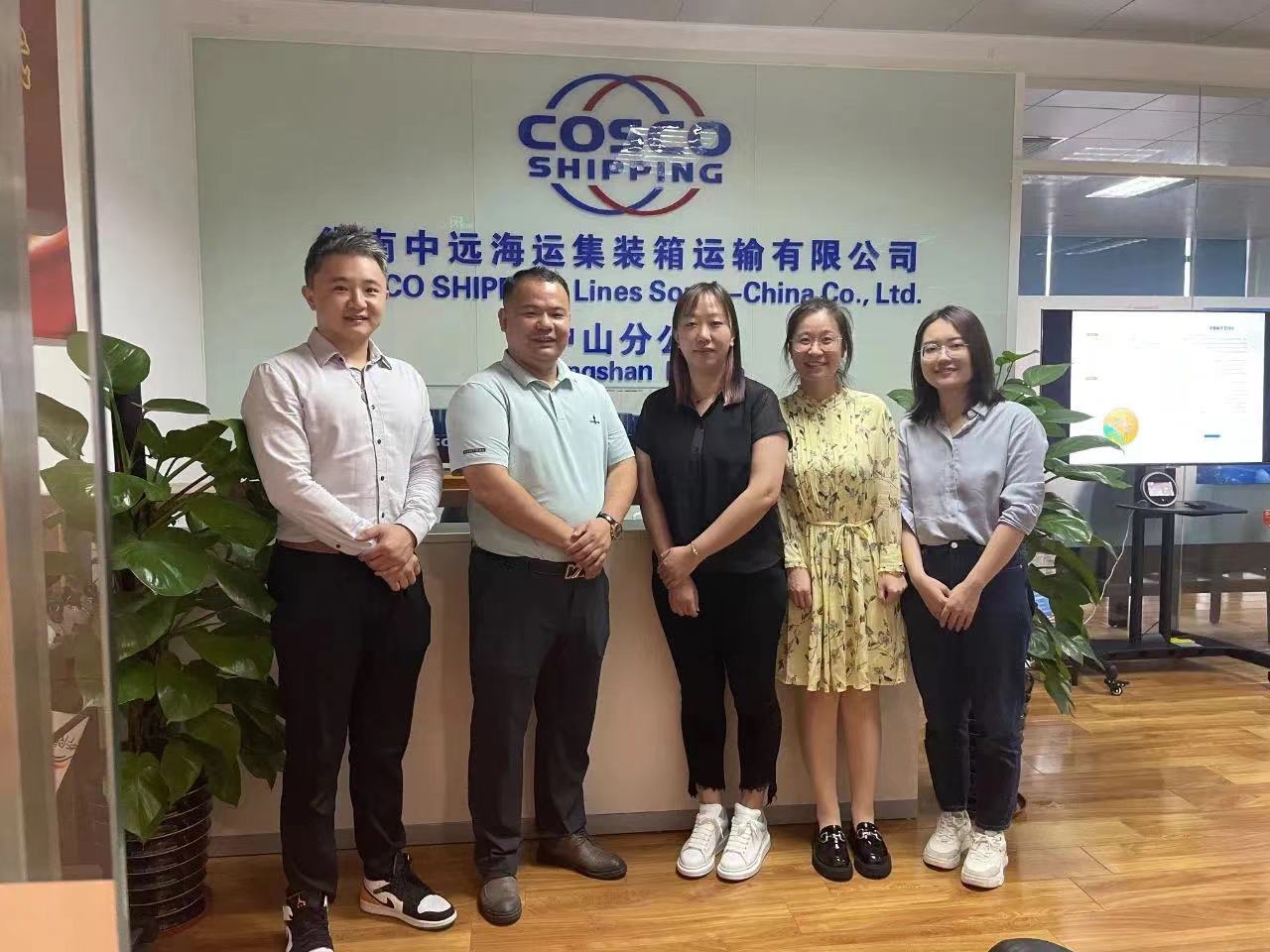FCL 与 LCL:哪一个更好
什么是整箱货(FCL)和拼箱货(LCL)?
整箱运输与拼箱运输是国际物流业常用的两个术语,是海运进出口货物的两种主要运输方式。整箱运输 (FCL) :使用满载且密封的集装箱运输货物。这意味着您的货物占据任何尺寸的整个集装箱。
拼箱运输(LCL) :您的货物不足以装满一个集装箱,而多个客户的货物被装入同一个集装箱。
简而言之,与其他货物共享集装箱空间 - 如果您的货物不需要海运集装箱船的满载集装箱容量,则需要与其他进口商的拼箱货物合并,然后在集装箱内运输。这就是为什么拼箱运输也称为“合并”或“拼箱”的原因。
整箱货 (FCL) 和拼箱货 (LCL) 有什么区别?
运费
运输成本是决定运输整箱还是拼箱时要考虑的主要因素之一。通常,拼箱的每单位运费成本高于整箱,因为它们包括在一个集装箱中运输多件货物的额外物流和管理费用。然而,就集装箱运费的稳定性而言,整箱运费比拼箱运费波动更大。* 拼箱费用往往更高,因为其收费基于体积,通常以货物立方米 (CBM) 为单位,这意味着您需要的空间越大,您支付的费用就越高。
对于整箱运输,无论货物是否装满集装箱,您都必须支付整箱的价格。货运代理和海上航线航运公司更喜欢整箱运输,因为对他们来说,这比弄清楚如何将单个货物装入一个完整的集装箱要容易得多。
出货量
运输量通常是选择整箱还是拼箱运输的决定性因素,指的是运输货物所占用的容量,以立方米或立方英尺为单位。对于 2 至 13 立方米之间的小批量货物,拼箱运输通常更合适。而对于 13 立方米及以上或超过 10 个标准托盘的大批量货物,选择整箱运输通常更划算,即使您可能无法完全装满集装箱。
但在某些情况下,此准则并不总是有效。如果您不确定是否要发运整箱货或拼箱货,请向可靠的货运代理商寻求专业建议。
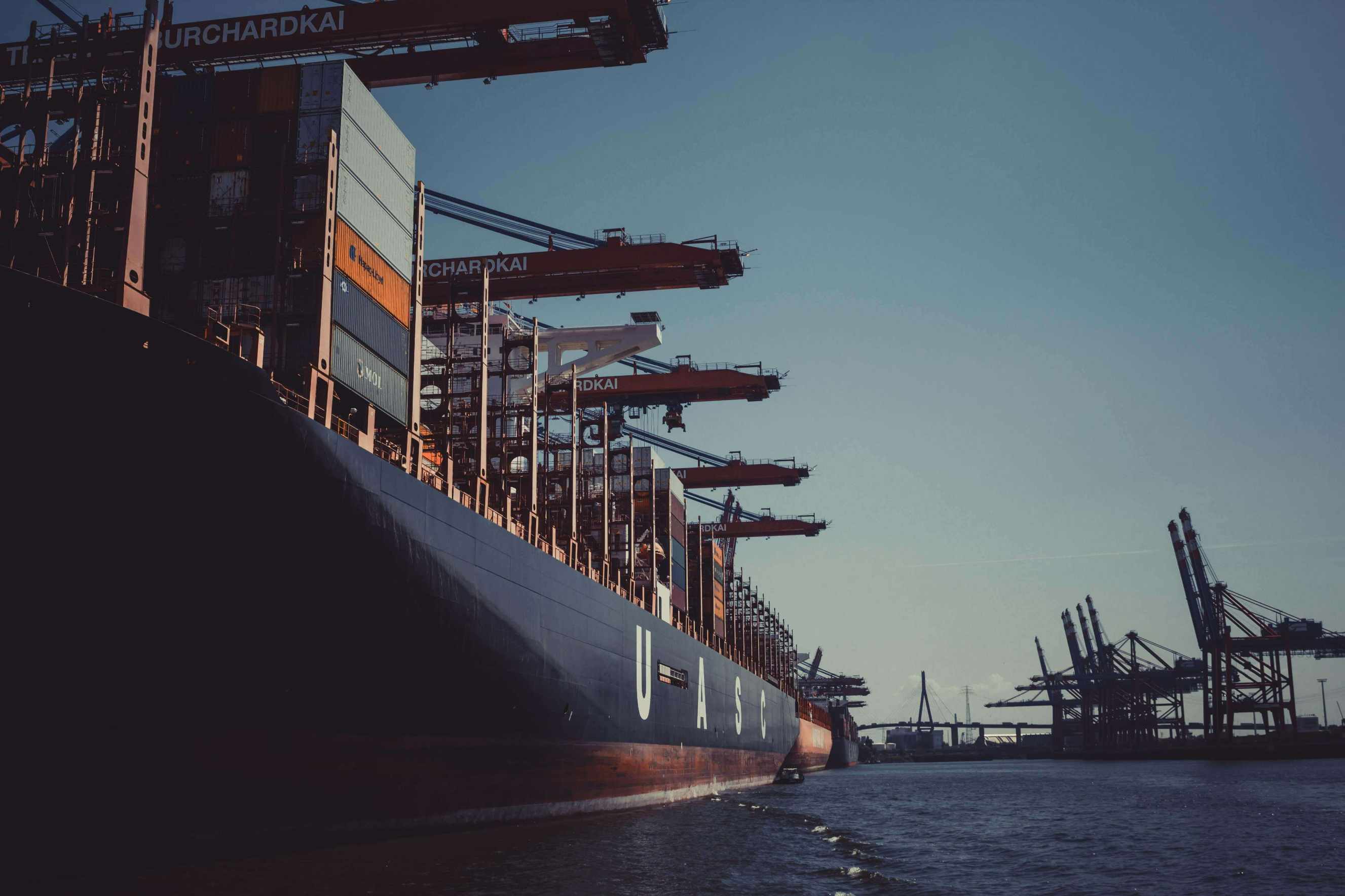
远洋集装箱船
运输时间
显然,拼箱运输比整箱运输更为复杂且耗时,包括整合所有托运人的货物,在每个港口分类、装载、卸载和分离货物所需的时间。除了转运之外,拼箱货物更容易出现延误,因为运输过程中需要多次搬运。拼箱货物每次到达转运港时都必须卸货和装货。相比之下,整箱货物直接交付,因此所需时间要少得多。
因此,对于紧急货物或需要在固定日期前到达的货物,整箱通常是更好的选择。而拼箱更适合日期灵活的货物。
货物安全
拼箱:由于多种类型的货物都装在一个集装箱中,因此拼箱的损坏和丢失风险更高。您的货物在运输过程中可能会与其他液体、重型或有异味的货物一起包装,或者可能造成污染、溢出、损坏等损害。但是,对于较小的货物来说,拼箱可能是一种更安全的选择,因为它们包装得更紧凑,移动空间很小。FCL:整箱运输往往更安全,因为它对整个集装箱拥有专有权。与拼箱运输不同,整箱运输货物的处理次数要少得多,因此损坏、被盗或丢失的风险也较小。整箱运输也不会与其他托运人的货物接触,从而降低了货物损坏或被其他商品污染的风险。
